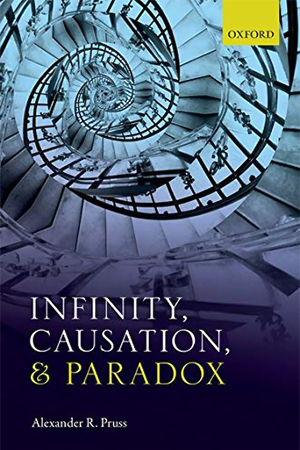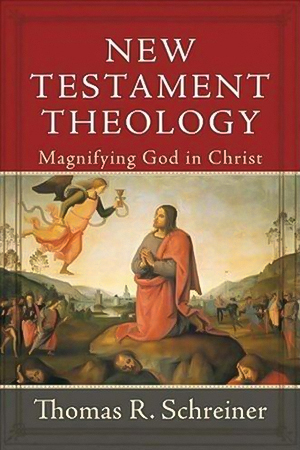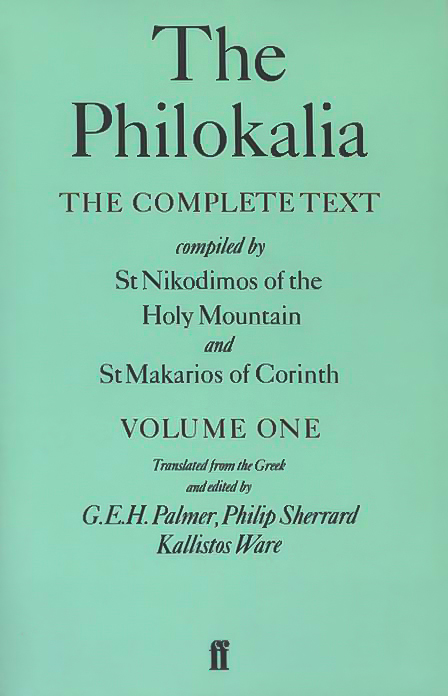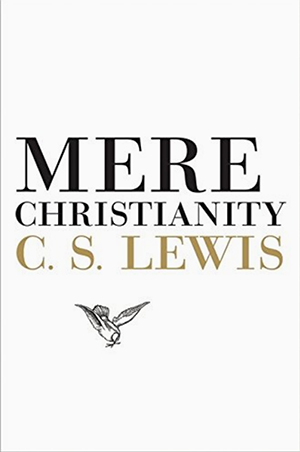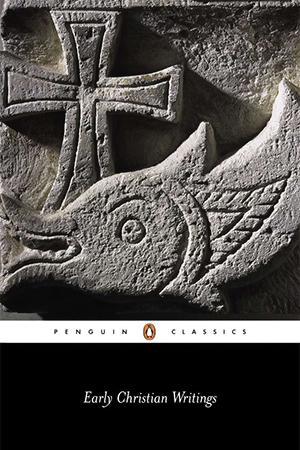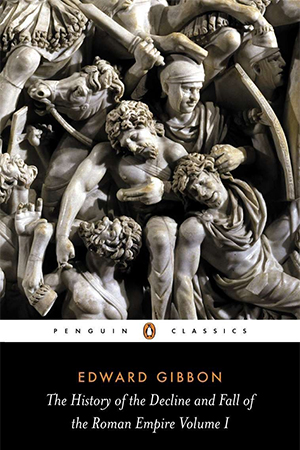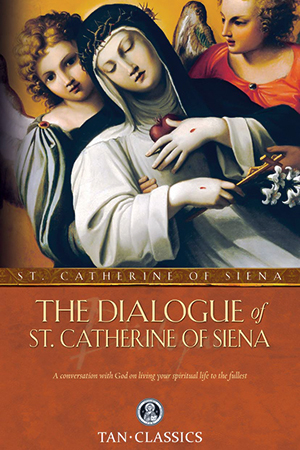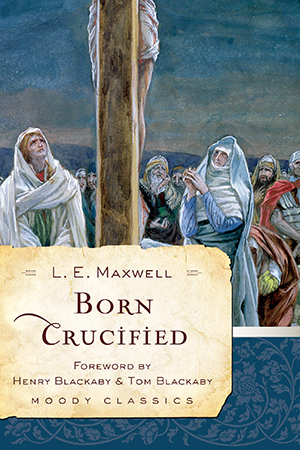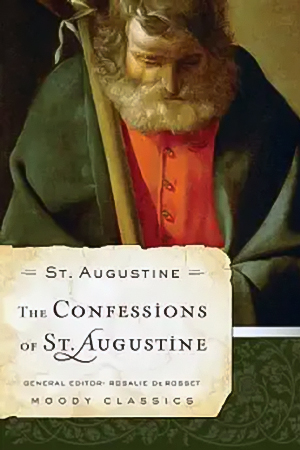
Title: The Confessions of St. Augustine
Series: Catholic, Evangelical
Published by: Moody Classics
Release Date: October 2007
Contributors: St AugustineRosalie de Rosset
Genre: Classics
Pages: 304
ISBN13: 978-0802456519
Augustine never thought of God without thinking of his sin, nor of his sin without thinking of Christ.
St. Augustine grates hard against "the anatomy of evil" while dealing succinctly and honestly with his own proneness toward sin. From his infatuation with its initial beauty to the discounting of his previously wasted life, Augustine leaves little to the imagination regarding his need to be saved from himself.
Most of Augustine's Confessions are spent in a nearly catastrophe tug of war. From insult and injury to passion, lost love, and the arts--this work leads through and beyond a world where God's timing is absolutely perfect. Nothing has really changed since then. Sin is still sin--and God is still God.
Confessions (Latin: Confessiones) is the name of an autobiographical work, consisting of 13 books, by Saint Augustine of Hippo, written in Latin between 397 and 400 AD. The work outlines Saint Augustine's sinful youth and his conversion to Christianity. Modern English translations of it are sometimes published under the title The Confessions of Saint Augustine in order to distinguish the book from other books with similar titles. Its original title was Confessions in Thirteen Books, and it was composed to be read out loud with each book being a complete unit.
Confessions is generally considered one of Augustine's most important texts. It is widely seen as the first Western Christian autobiography ever written (Ovid had invented the genre at the start of the first century AD with his Tristia), and was an influential model for Christian writers throughout the Middle Ages. Professor Henry Chadwick wrote that Confessions will "always rank among the great masterpieces of western literature."The work is not a complete autobiography, as it was written during Saint Augustine's early 40s and he lived long afterwards, producing another important work, The City of God. Nonetheless, it does provide an unbroken record of his development of thought and is the most complete record of any single person from the 4th and 5th centuries. It is a significant theological work, featuring spiritual meditations and insights.
In the work, Augustine writes about how much he regrets having led a sinful and immoral life. He discusses his regrets for following the Manichaean religion and believing in astrology. He writes about his friend Nebridius's role in helping to persuade him that astrology was not only incorrect but evil, and Saint Ambrose's role in his conversion to Christianity. The first nine books are autobiographical and the last four are commentary and significantly more philosophical. He shows intense sorrow for his sexual sins and writes on the importance of sexual morality. The books were written as prayers to God, thus the title, based on the Psalms of David; and it begins with "For Thou hast made us for Thyself and our hearts are restless till they rest in Thee." The work is thought to be divisible into books which symbolize various aspects of the Trinity and trinitarian belief.


